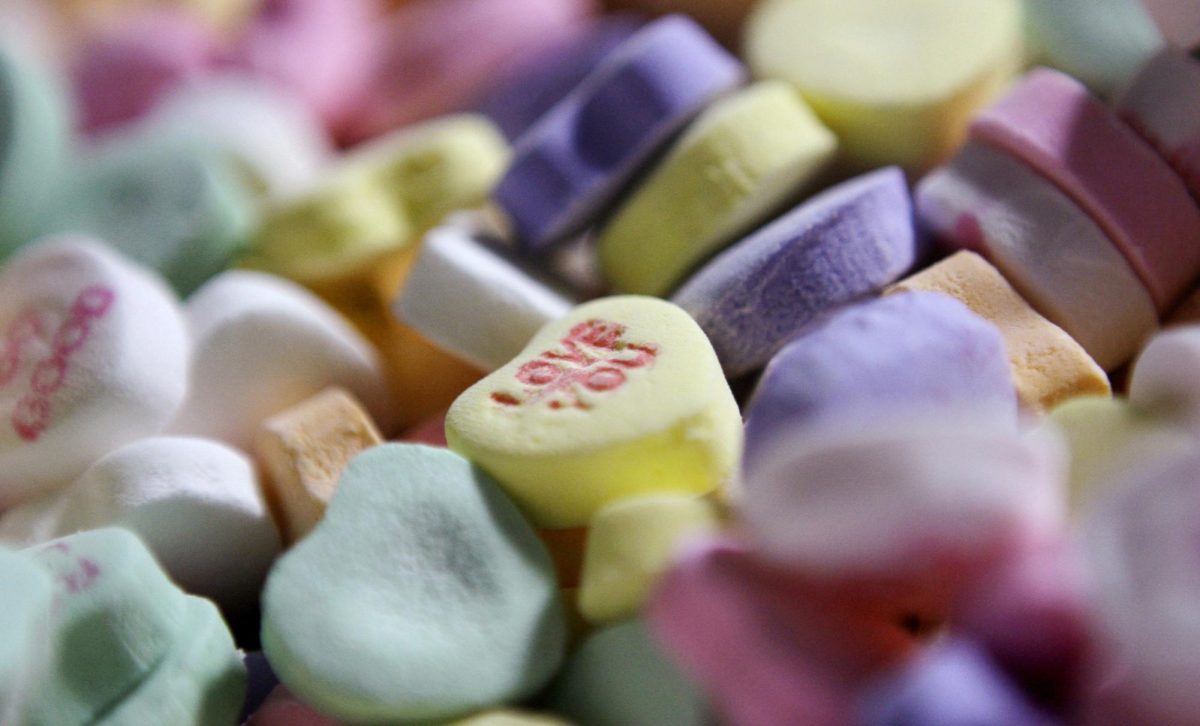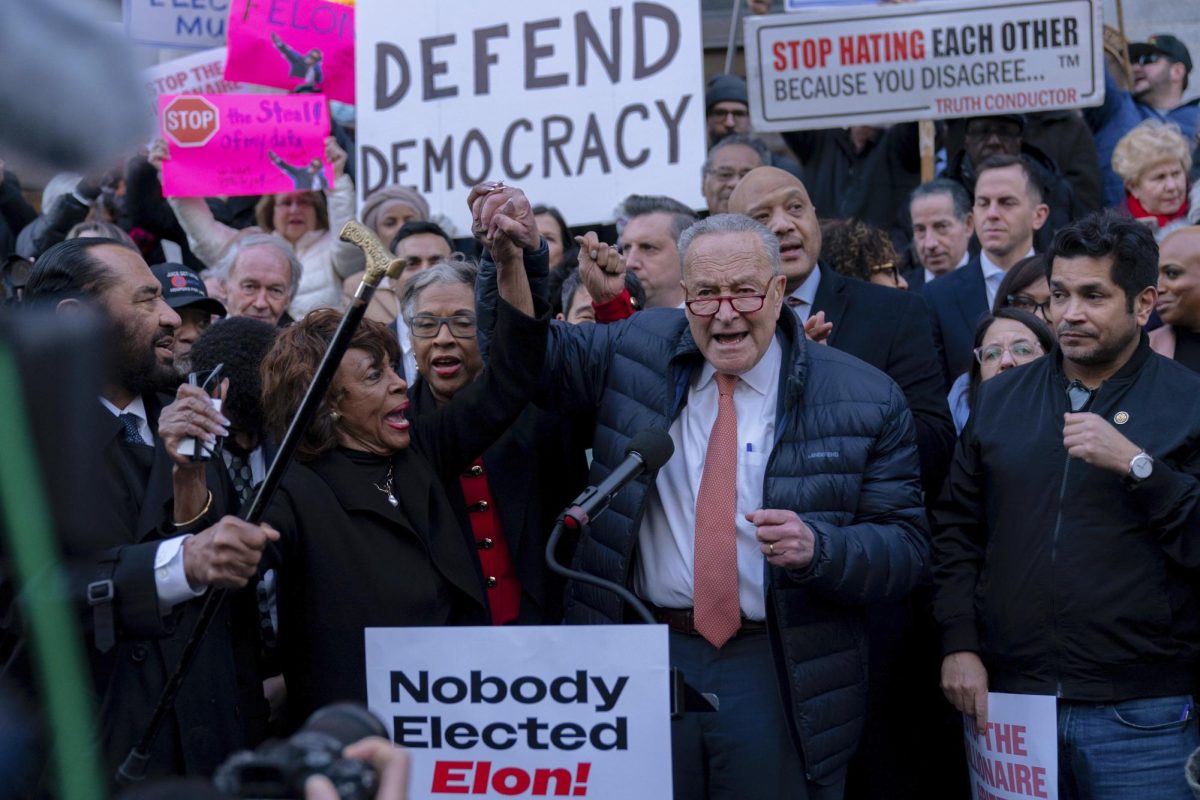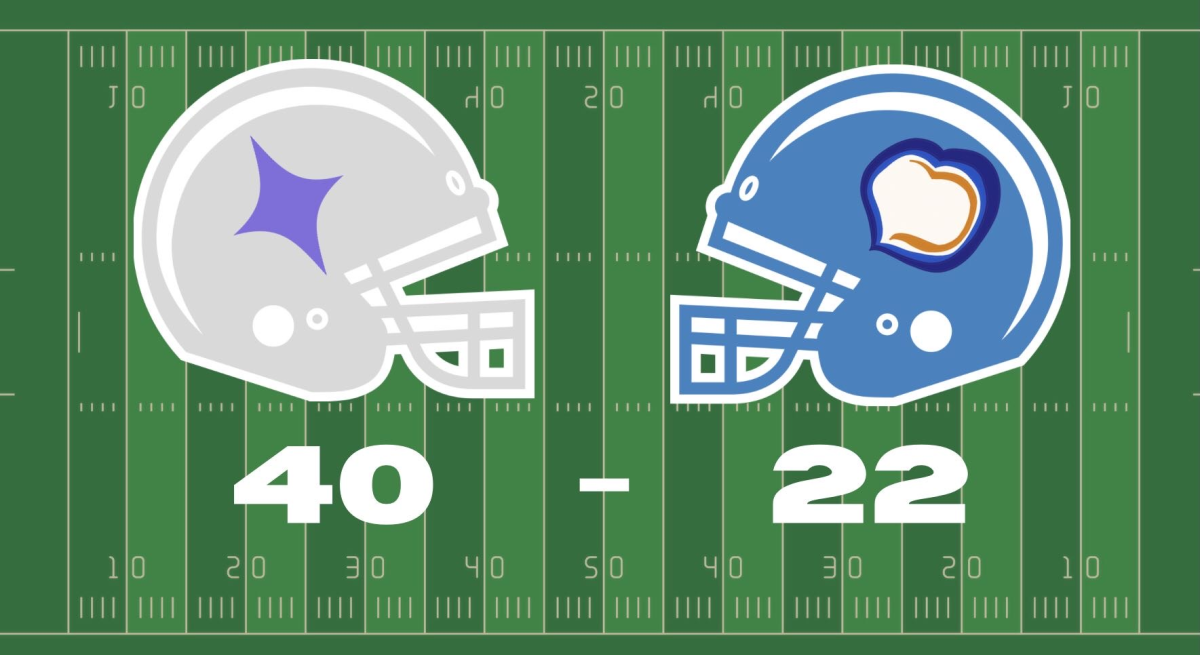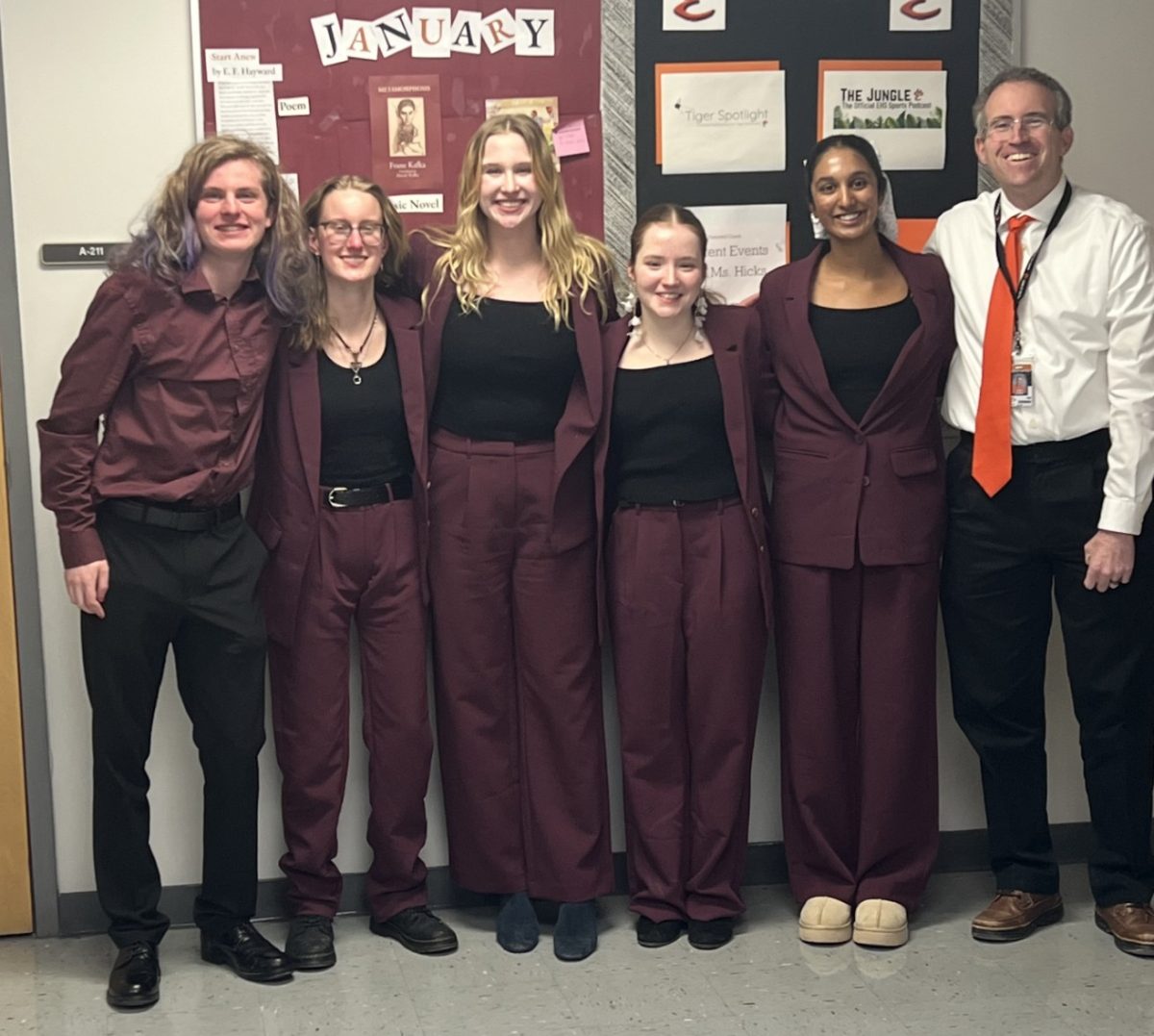Psychedelics Help Not Hinder Mental Health
January 29, 2021
The Controlled Substances Act, pushed by Richard Nixon and passed in 1966, outlawed many promising psychedelic drugs, such as lysergic acid diethylamide (LSD), dimethyltryptamine (DMT) and methylenedioxymethamphetamine (MDMA). The result has been the biggest setback to scientific and medical research since the burning of the Library of Alexandria.
Psychedelic substance research exploded in 1938 when Albert Hoffman first synthesized LSD. What followed was two decades of stunning discoveries relating to the treatment of PTSD, anxiety, depression and addiction, when over 40,000 patients received LSD-assisted therapy, according to Timeline.
This all came to a crashing halt, as LSD and other psychedelics left the lab and quickly became synonymous with the counterculture of the 1960s. According to Vice, various psychedelics were soon listed as Schedule 1 drugs under the Controlled Substances Act, making possession illegal and research nearly impossible. This destroyed years of groundbreaking progress in psychotherapeutics brought on by psychedelics.
Little progress has been made 50 years later, as getting approval to conduct research with psychedelic compounds has been nearly impossible due to FDA regulations. According to Vice, many people suffering from mental health issues are now turning to illegal psychedelics to fix what traditional treatment methods haven’t been able to.
Thankfully, the FDA has been more lenient with research approvals over the past two decades, allowing for a resurgence of new studies, but much more needs to be done for psychedelics to tap into the life-changing potential they possess on a nationwide scale.
When a drug is classified as a Schedule 1 narcotic, it is considered to have no potential for medical use and a high potential for addiction. For Schedule 1 psychedelics, this could not be further from the truth.
Psychedelic compounds have almost no potential for addiction, especially compared to other Schedule 1 drugs like heroin and methamphetamine, according to NCBI. They are even thought to be anti-addictive, as the effects of use are severely diminished after repeated uses in a short period of time.
Claiming that psychedelics have no medical value is an insult to those who conducted successful and exciting research on the compounds for decades and ignorantly dismissive of the promising results of old and new studies.
In a 2008 study conducted by John Hopkins University, researchers found that 80% of patients suffering from PTSD no longer qualified for diagnosis of the disease after receiving MDMA-assisted treatment, according to Timeline.
According to Medscape, nearly all patients who receive psychedelic-assisted psychotherapy report only positive, long-lasting effects to their mental health after treatment.
These results of these studies involving psychedelics are far more impressive than the results of traditional antidepressants; the government is effectively denying countless citizens suffering from mental illness from potentially life changing treatment by banning these drugs.
For those who have failed to see results after years of treatment with traditional antidepressants, turning to psychedelics on the black market may be their best option for treatment.
Unsurprisingly, using psychedelics from the black market is dangerous. Magic mushrooms and LSD are very often cut with other dangerous drugs and dosing correctly is rarely an option without the help of a trained professional. If psychedelics were legal for medical use, the market could be properly regulated, making consumption safe.
Since the Controlled Substances Act destroyed the mental health miracle of psychedelic-assisted psychotherapeutics, countless Americans suffering from mental health issues have been treated unsuccessfully with traditional antidepressants all while the better treatment was entirely inaccessible.
Hopefully, the latest resurgence in research on psychedelics will push government officials to take the necessary steps to make these life-saving drugs accessible to those who need it.
Without psychedelics legalized for medical use, legions of Americans will continue to suffer from mental health issues under ineffective traditional treatment methods; with them, many could be freed from the clutches of addiction, depression and anxiety for the rest of their lives.











